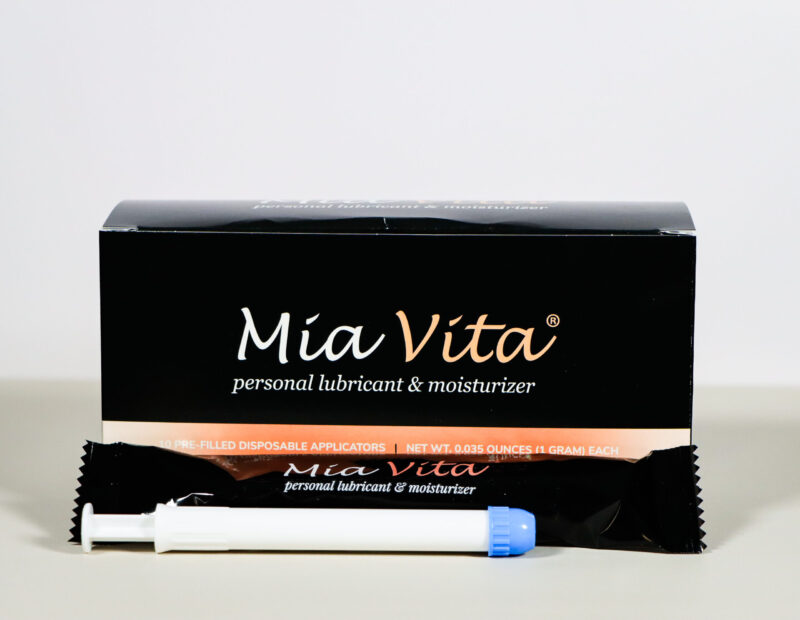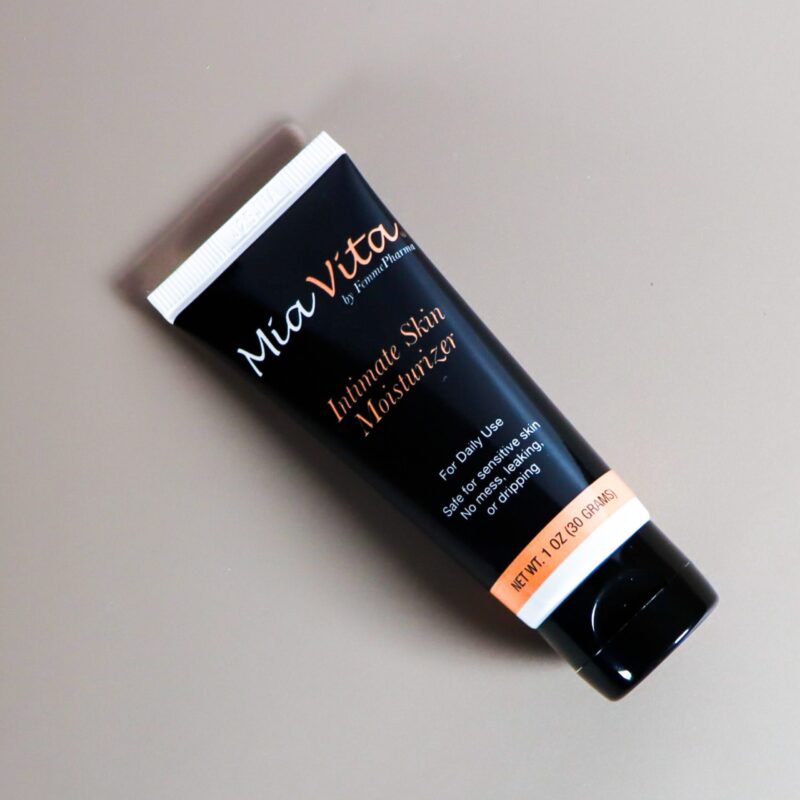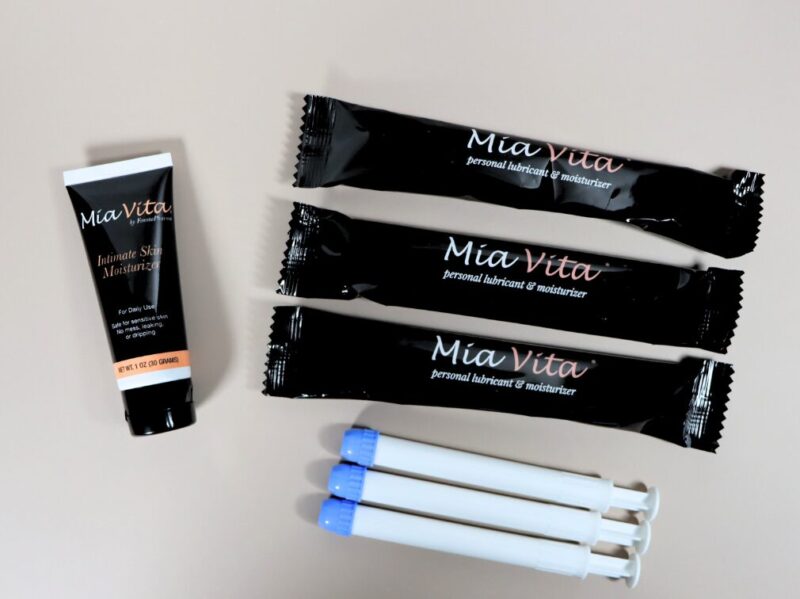Sit down and grab a mirror. We’re going to reintroduce you to your vagina. When you look at yourself in the mirror, the first thing you will notice is your vulva and labia.
Let’s understand what the vulva is
The vulva includes the labia as well as the clitoris and urethral opening. The vulva is structured to protect the internal parts of the vagina and to provide sexual stimulation (the clitoris).
The beautiful thing about the labia, aside from the fact that they protect our vaginas, is that there is no “normal” color, shape, or size. They are just as varied as the women who have them.
Difference between the labia minora and labia majora
The labia majora are the outer lips and the labia minora are the inner lips of the vulva. The labia majora sit on the outside and contain some glands. The inner lips, the labia minora, are nestled just inside the labia majora on either side of the vaginal opening. They contain more glands and muscles beneath the skin than the outer lips.
Should you moisturize your vulva
Like every other part of your body, you should moisturize your vulva daily to ensure the skin stays healthy. To avoid or decrease vulva itching, burning, dryness, or bleeding, it’s recommended to use a high-quality moisturizer intended for intimate skin.
Do’s and Don’ts of vulva care
Do:
• Moisturize daily, like you do other body parts.
• Wipe gently after urinating and apply vulva moisturizer.
• Use hypoallergenic detergent and fabric softener.
• Find pads with a low latex content if you use them (look for 100 percent cotton).
• Change pads often and moisturize every time you do.
• Wash your labia gently with cold or warm water only.
• Wear breathable underwear.
• Rinse or wash gently after sex.
• See your doctor if you think you have an infection.
Don’t:
• Use scented or colored detergent or fabric softener.
• Use pads if you don’t have to.
• Wash your vulva with harsh soap and hot water.
• Use sprays or perfumed products.
We’ve been helping women navigate menopause for over two decades. No matter where you are in your journey, you deserve to have knowledgeable, intimate healthcare partners to help you feel your best. Explore our other articles, podcast episodes with women’s health experts, and products to ease your transition into menopause.



